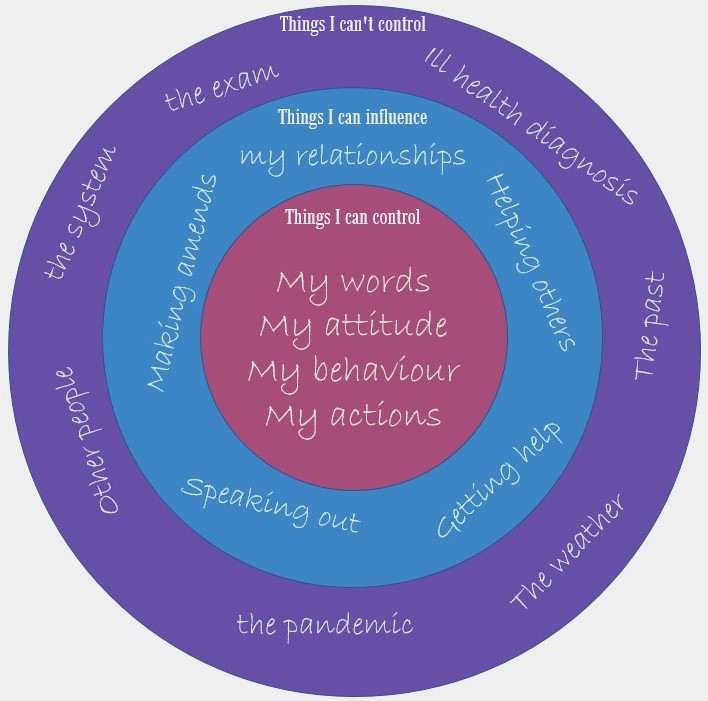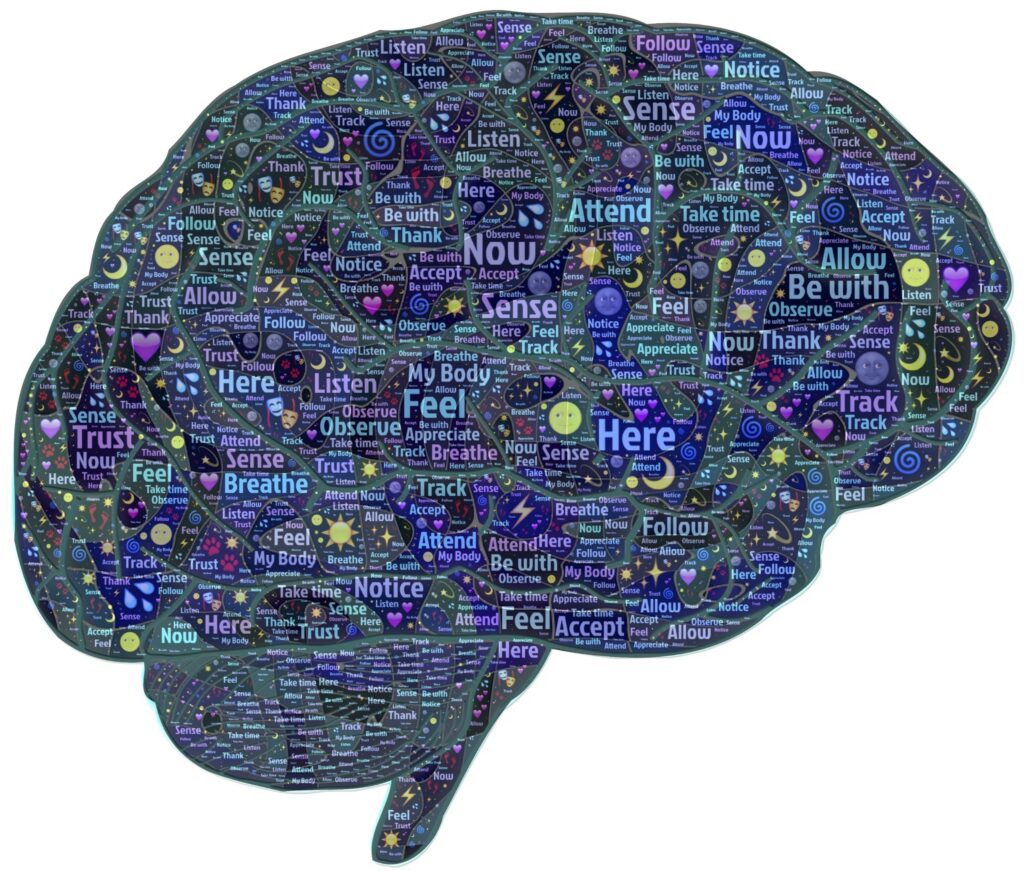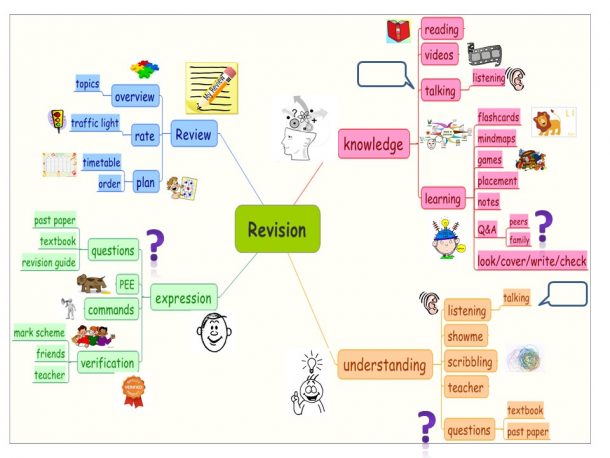Stressed out Students and the Circle of Control.
I used to play football back in the day , a great way of relieving stress I have to say. One training session I was very stressed. I was so stressed in fact, that I shouted at the coach. I told her that I had had enough of this and I ran off the pitch crying. She was shocked. I am normally so well behaved and I had not been polite. She followed me to the car park and talked to me about circles. The circle of what you can control, and the circle of what you can’t. Or, another way of putting it, accept what you cannot change, and change the things that you can. Accepting what you are unable to change brings serenity, and changing what you can requires courage. Knowing the difference is wisdom, but the handy circles diagram helps with that.
Circles of control
Circle of Influence
While we can only control ourselves, how we choose to act and speak and the attitude we adopt, all will have an unlfuence on what happens to us to some extent. Here is an example of what I mean. The teacher in the class next to me sent a student out of her lesson for being rude to her when she asked him to stop talking. I had a conversation with him when I walked past. He was very angry and stressed. We talked about what he could control, the stuff in the centre circle, and we talked about alternative approaches he could make to the situation. He told me it wouldn’t really matter because he would have a detention anyway. I agreed that maybe he would and he had no control over that, only his response when his teacher came out to talk to him. When she did come out, he apologised immediately for his rudeness and acknowledged that he was out of order. His teacher excused him from the detention. He came to thank me after his lesson, smiling, relaxed and happy. Choosing a different attitude and making right his mistake influenced the outcome.
Circle of Concern
The outer circle are the external factors we have no control over. But we do have a choice. We can focus on them and put our awareness and our energy there. That leads to anxiety and stress. Alternatively, we can accept them, accept that we are powerless over them, and put our awareness into those things in the inner circles where we have control and influence. That leads to a greater sense of serenity because we can feel improvements in our situation as a result of what we do. Try to make a version that is personal and specific to you.
Stressed out Students and Meditation
When I was in fifth year at high school we had one odd lesson on the timetable called “General Education”. It was one of those slots where there were modules on a rotation, and we learned useful bits and bobs. For example, how to write a cheque, and there was also an introduction to computer programming. This was very early days, just around the time that first “tennis” computer game came out. However, the most useful module was the one on meditation. The Head of Biology taught us how to meditate to relax and to help us learn.
Meditation for Relaxation
There are lots of guided meditation exercises for relaxation and they are very easy to find on the internet. Find a time, put head phones in and allow yourself to fall into one. You will feel the difference immediately. Do it habitually, and you will feel more relaxed as a general state of mind. Mindfulness of breathing is a simple meditation to do anywhere. Be comfortable, close your eyes and count either your in breaths or you out breaths up to ten, and then start again from one. When you notice that your mind has wandered, and it will wander, just start again from one. A character in a movie I saw said:
Meditation is concentrating the front of your mind on a mundane task so that the rest of the mind can find peace.
One year 12 student I had always did well in class, but when it came to tests, she did badly, often barely scraping a grade. She burst into tears at the parent teacher interviews, she was so stressed. I gave her some notes on meditation and suggested she try it. She did. In the next test, she improved to a B grade, and after that, she hardly ever missed an A, which is what she finally achieved in her A level. Her stress was definitely getting in the way, and once she was managing it, she was able to do what she was able and wanted to do. Awesome!
Meditation for Learning
Our teacher described learning as a bit like collecting information during the day, and then when we sleep at night, it all gets filed away in the brain. When we meditate on it, it is as if our brain “office angels” are collecting the relevant files and putting them on our desk ready for us to use when we need them. I used to do this myself around exam time. The night before an exam, when I’d done as much revision as I could do, I would meditate on the subject. I would lightly pass my mind over the subject, the lessons, the notes and questions I had been doing. The trick is to not try to hold onto anything or work it out. It is to let what you have been learning in that subject drift into your mind. Sure, it doesn’t eliminate exam nerves, but it brings about a feeling of readiness.
The Panic Zone
Stressed out students often find themselves in the panic zone. It is here that we will see a meltdown. Sometimes it might be dismissed as dramatics, but if you are empathetic enough, you will understand that what that young person is feeling is terrified. Reasoning that it’s an overly dramatic reaction does nothing to detract from the terror. The back of the mind has the student firmly in their grip and is running away with their reason. One strategy to bring the panic stricken person back into the present is to focus them on their body and what they can physically sense. It is an effective technique that I have used with stressed out students to calm them before their exam, and it works for a friend with PTSD who has been triggered. Whenever I deal with students having a panic attack in class, I also ask their friend to go outside with them and I show them how it works. It is very powerful.
The Five Senses Exercise.
Insist on eye contact and hold it throughout.
- What do you see? – prompt them, ask them to describe colours, shapes, objects….
- What do you hear?
- What do you smell?
- What do you tatse?
- What do you feel? – temperature, clothes etc.
Encourage and prompt at each question, get them to describe as much as they can, ask them questions if you have to. You are calling them back into their body. Their mind has run away with their anxiety, and this will bring it back into the present. You will notice that their breathing starts to slow down, their eyes will become less wild and their energy will settle. It takes around five minutes. I usually ask them how they feel at the end, so that they notice and know that they are now feeling more calm. It’s a way of getting them to affirm it for themselves.
It is only natural that students get stressed out by school, studying and exams, especially when there are high stakes like their future involved. However, there are steps we can take to help them learn to manage stress and how to exit the panic zone when they find themselves approaching meltdown. I have only mentioned a few that I have seen work time and again.






